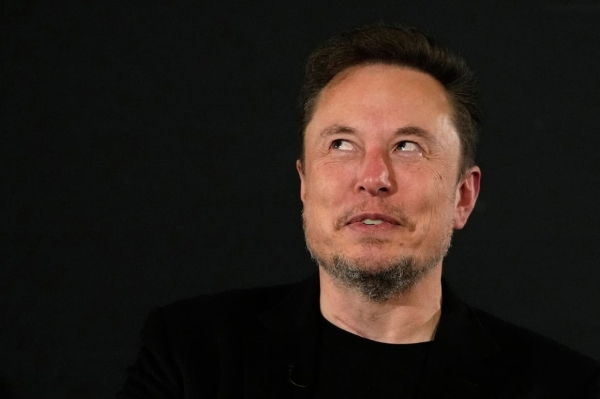So much for strategic autonomy: EU pays Elon Musk €180M to launch its rockets
Europe’s Ariane 6 launcher is very delayed.
SEVILLE, Spain — The European Commission keeps banging on about strategic autonomy, but it’s had to sign a €180 million deal with SpaceX to get its satellites into orbit because Europe’s own rocket program has stalled.
Internal Market Commissioner Thierry Breton told POLITICO he agreed to turn to Elon Musk’s space company — with whom he’s recently sparred on digital policy due to his ownership of X (formerly Twitter) — because Europe’s Ariane 6 launcher is very delayed.
“We have four satellites to launch next year,” Breton said on the sidelines of a ministerial meeting in Seville on Tuesday. “And given that Ariane 6 is still not going to be available, I accepted a proposal from the European Space Agency to use SpaceX."
The launches are tentatively scheduled to take place in April and July, with each one carrying two Galileo geo-navigation satellites into orbit, he said.
As POLITICO first reported in April, the Commission has been looking at alternative options for key missions through 2024 due to the costly delays to Ariane 6 — which is not yet cleared to launch — and the retirement of the older Ariane 5 system.
The original plan was to launch the four Galileo satellites, which help make up the EU’s alternative to the U.S. GPS network, with Russia’s Soyuz rocket system, a version of which has been launched from Europe’s spaceport in French Guiana. However, the country’s war on Ukraine scuttled that option.
If Ariane 6 were on track, that would not have been a problem, as its first launch was scheduled for 2020.
"We had a calendar which was promised and not kept to," Breton said of Ariane 6, a program developed by Airbus and Safran subsidiary ArianeGroup. "There were delays again and again. Because of these delays we had to make certain decisions."
However, before the SpaceX launch dates can be firmed up, the EU first needs to agree a security deal with U.S. authorities that would guarantee European engineers round-the-clock access to the cutting-edge Galileo satellites and the right to retrieve technology should the rocket fail and the payload be lost at sea.
“We’re talking about critical satellites so we’re still negotiating with the U.S. side,” said Breton.
This article has been updated.






